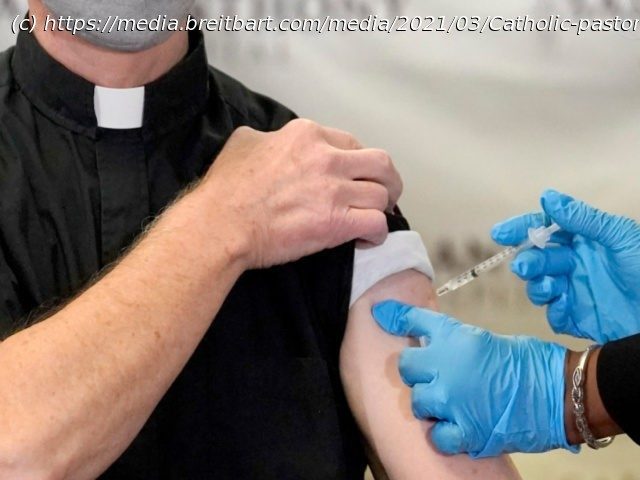A team of prominent Catholic scholars and bioethicists have published an analysis “to explain why it is morally acceptable for pro-life citizens to receive …
A team of prominent Catholic scholars and bioethicists have published an analysis “to explain why it is morally acceptable for pro-life citizens to receive any of the COVID-19 vaccines currently available.” In their analysis, published by the Ethics and Public Policy Center (EPPC), the scholars assert that the acceptance of any of the coronavirus vaccines currently on offer does not endorse or contribute to the practice of abortion, and nor does it show “disrespect for the remains of an unborn human being.” “While there is a technical causal linkage between each of the current vaccines and prior abortions of human persons,” they state, “we are all agreed, that connection does not mean that vaccine use contributes to the evil of abortion or shows disrespect for the remains of unborn human beings.” “Accordingly, Catholics, and indeed, all persons of good will who embrace a culture of life for the whole human family, born and unborn, can use these vaccines without fear of moral culpability,” they declare. The scholars explain that common to the four major vaccines, produced by Moderna, Pfizer, Johnson & Johnson, and AstraZeneca, “is some use of ‘immortalized’ human cell lines.” While cells taken from a body usually have a limited life span, undergoing only a fixed number of cell divisions before they die, for ongoing research, scientists prefer to use a “cell line,” or a population of cells derived from a single source that has been modified to divide indefinitely in culture, they note. One of the more commonly used cell lines is called HEK293. “HEK” stands for “human embryonic kidney,” and “293” refers to the 293rd experiment conducted by the scientist who produced the cell line. The scholars note that “all of the HEK293 cells available around the world today were derived from the remains of a single unborn child that was aborted a half a century ago,” adding that, importantly, “there is no ongoing use of aborted tissue to generate HEK293 cells, to modify these cells, or to maintain them in the laboratory.
Home
United States
USA — Science Catholic Scholars Reassert ‘Moral Acceptability of Receiving COVID-19 Vaccines’






